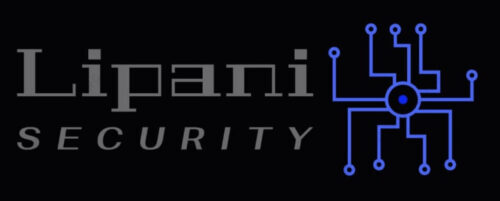Just like computers, there are security vulnerabilities in smartphones and even messengers. We all remember using AOL Instant Messenger and MSN Messenger back in the day, but messengers have evolved over the years. We now have Skype, Facebook, iMessage, WhatsApp, and many others too many to list at this point. Just like a hacker can spy on you using free Wi-Fi they can also grab your messages.
Not all messages are at risk of being spied on by hackers. Messengers like iMessage and Signal use end-to-end encryption meaning only you and the person receiving the message can read it no one else can sense it’s encrypted from beginning to end. Facebook has started using secure messaging on Facebook Messenger as well as WhatsApp. But Facebook has admitted to being able to not read the message but the metadata and the geolocation and other small pieces of data to me that’s not end-to-end encryption.
Services like Skype and Google Hangouts do not support end-to-end encryption meaning Microsoft and Google can read your messages or pictures. Any message that goes over WIFI or the cellular can be spied on if not using end-to-end encryption. That goes for SMS text messages as well which are never encrypted.
Snapchat like Facebook has enabled end-to-end encryption with a catch. End-To-End encryption is used for photographs exchanged between Snapchat users but text messages and other messages transmitted using Snapchat are not encrypted. Meaning Snapchat can see the data.
Telegram offers encrypted. It secures everything, including chats, groups, media, and so on. But it’s not on by default to use Telegram’s end-to-end encryption, you must start a secret chat by tapping the person’s name, the more or menu button, and Start Secret Chat. Secret chats appear separately from non-secret chats
If you want to keep your data private from someone, I suggest using iMessage or Signal for everything.
